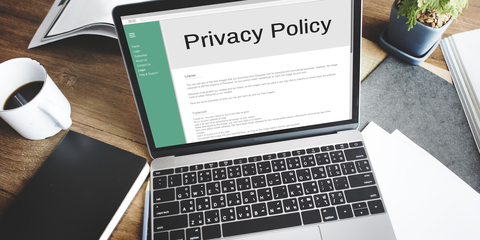 How much can or should an employer intrude on employees’ personal activities? With technology, such as GPS, employer-provided cell phones, and company computers, employers have the ability to monitor employees’ phone calls, email, online searches, and even their whereabouts. And there can be testing for alcohol and drug use. The question is should employers monitor activities, and what limitations does the law impose?
How much can or should an employer intrude on employees’ personal activities? With technology, such as GPS, employer-provided cell phones, and company computers, employers have the ability to monitor employees’ phone calls, email, online searches, and even their whereabouts. And there can be testing for alcohol and drug use. The question is should employers monitor activities, and what limitations does the law impose?
Extent of monitoring
Companies have a legitimate interest in what employees are doing when it comes to:
- Company time. Most employees do some personal things on company time, such as checking up on a babysitter, and this isn’t problematic. But employers want to be sure that employees are not spending an inordinate amount of time shopping or playing games online while they’re on the clock.
- Company intellectual property. Employers want to be sure that employees are not sharing trade secrets and other proprietary information.
The best strategy for a company is to be transparent and explain its monitoring policy. Of course, if there is reason to suspect a particular employee is stealing inventory or otherwise up to no good, surveillance may be justified.
Social media snooping
Companies are free to check public information. For example, a job applicant’s posting on Facebook or Twitter may be instructive about the person’s character. Can an employer gain access to private postings by requiring an employee to give usernames and passwords? A growing number of states have barred employers from requesting access information of job applicants and employees. You can see a complete list of states at the National Conference of State Legislatures.
Drug and alcohol testing
Generally, this testing is permissible, but there are considerable restrictions that vary from state to state. The rules get even more complicated when it comes to marijuana in states where its use is permissible for medical or recreational purposes. Alere has a state-by-state guide covering workplace drug and alcohol testing (as of August 2016). Also check the U.S. Department of Labor’s Drug Free Workplace information.
You may want to have a drug and alcohol testing policy in place. For example, it is advisable to test an employee involved in a workplace accident as long as this action isn’t retaliatory. Check with OSHA, your state labor department, and your attorney in crafting a post-accident testing policy.
Employee manual
Once you craft a privacy policy, run it by an employment law attorney. Then put it in writing (i.e., add it to your employee manual). This guide, which should be provided to each employee on the first day of work, is essential to:
- Inform employees about privacy issues
- Protect employers from claims against privacy violations
Have each employee sign a statement that he or she has read the guide and understands what’s in it. For example, if the guide says that the company may monitor all calls made on company phones, then signing the statement is consent by employees to give up this aspect of privacy.
Conclusion
Several years ago the former CEO of Google said “we know where you are. We know where you’ve been. We can more or less know what you’re thinking about.” This big-brother-is-watching environment isn’t conducive to a happy workforce. According to a Glassdoor survey, “[t]he culture and values of the organization are the largest predictor of employee satisfaction.” Balance your company’s need to know what employees are up to against their entitlement to privacy and a good company culture.


